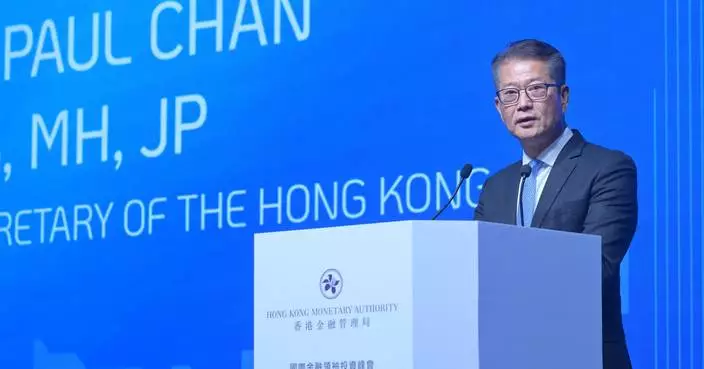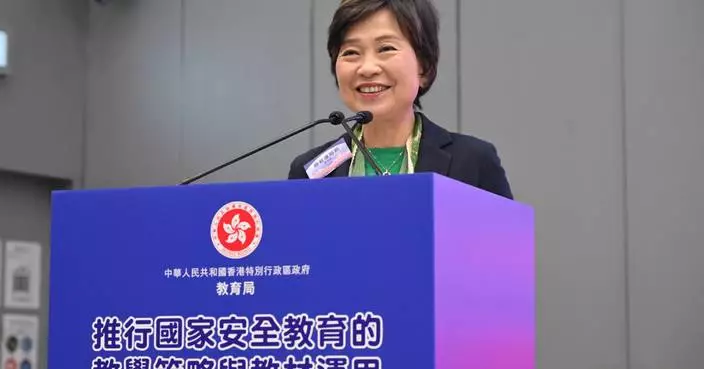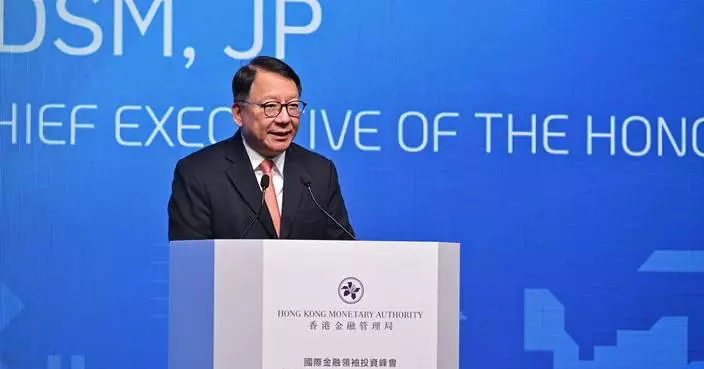S for S speaks on sentence delivered by Court of First Instance on conspiracy to commit subversion case
Following is the transcript of remarks by the Secretary for Security, Mr Tang Ping-keung, at a media session on the sentence delivered by the Court of First Instance on a conspiracy to commit subversion case this afternoon (November 19):
Reporter: Does the authority think the sentencing of this batch of people had cleared the major threat that endangers national security? And the second question is, if you study the judgment, the court is actually of the view that Hong Kong law and the Mainland law have their respective position, and the court would not take reference on the Mainland cases in sentencing. In this case, the defendants were prosecuted when the Safeguarding National Security Ordinance was not available. So, would the authority consider using the domestic national security law to prosecute similar offences of subversion in the future? Thank you.
Secretary for Security: First of all, regarding the sentencing, I think overall we consider the level of sentencing has reflected the severity of the offence. Of course we will look into individual cases to see if there is any need for us to review the case. You talked about the referencing about the sentencing, I think the court has stated clearly that, although the National Security Law did not directly apply to the level of sentencing as such, they (the judges) have made reference to the guidelines set out by the law regarding the sentencing.
Reporter: First of all, the Government has often referred to court findings and judgments to try to convince the public that it was right for the Government to go after the 47 people and other national security defendants. But what if there are still people, still members among the public, who are not convinced by the court's judgment? Originally through the primary election or through casting the ballots, they may be able to elect their candidates into the legislature. So, when would the Government actually kind of stop hiding behind the court and to face people who do not agree with them, or would the Government choose to continue to use arrest, court judgment and punishment to handle people who disagree with them? And the second question is rather short. For the eight other people who were arrested in the case mentioned just now, when would the Government return their passports to them and kind of drop the bail conditions? Thank you.
Secretary for Security: I think different people may have different judgement about whether the sentencing is appropriate. But I think the important point is the rule of law. If anyone commits (an) offence, be it a national security offence or other offence, when there is sufficient evidence, we will prosecute. And in fact national security is one of the major safeguards on the prosperity of Hong Kong, and this is a very serious matter of Hong Kong. So anyone who has violated the law, we will take it seriously. This is the spirit of the rule of law. And you talked about the other people that implicated or they have been previously arrested but haven’t been charged. I think for every case, if we have sufficient evidence, we will arrest and we will prosecute. There is no time bar, unless the individual offences carry a time bar.
Reporter: What does this ruling mean for Hong Kong in your opinion, and given that it is the largest NSL (National Security Law) case to date? What factors will be taken into consideration before deciding whether to appeal? Thank you.
Secretary for Security: I think the overall sentencing has already reflected the severity of the offence. We are looking into the judgment to see if there is any grounds that we do not agree and we consider that it warrants a review.
(Please also refer to the Chinese portion of the transcript.)







